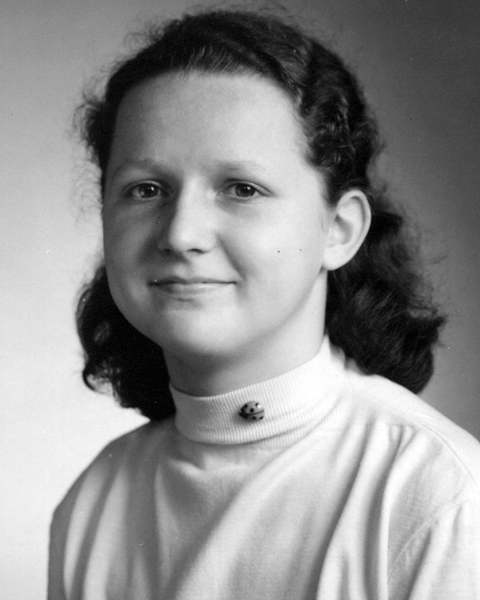Katalin Vörös – At least the children will have a future

Now that the 50th anniversary of the Revolution and Freedom Fight of 1956 approaches, I reread the relevant books that through the years have found their way onto my bookshelves. I consider myself lucky to have lived to see the regime change in 1989, and am glad to see that Hungary finally has a chance to control its own destiny.
Unfortunately, my father was not able to have rejoiced in this. As he lay gravely ill with dementia in a Pennsylvania hospital in 1986, during my visit, he pointed outside the window, where he could just see a small, red weather flag fluttering in the wind and said, “Commies,” disgustedly. I was shocked as I realized how deep a humiliating experience can be.
I thought of the time in Mosonmagyaróvár where I was born, when, in 1956 the Russian tanks ground the asphalt with their monotone rumbling in the streets around the city block where we lived. When my father came home from work he said to my mother, “Ibi, pack the children’s things; we’re going to the West.” “Lajos, have you gone mad? With three children, no language skills, no useful profession, what are we going to do there?” replied my mother. “I don’t care, I am doomed to manual labor for the rest of my life anyway, but at least the children will have a future.” We children, who were 15, 13, and 11 at the time, understood what he was talking about. Our father, who had refused to become a member of the communist party, after 35 years as a teacher, was reduced to earning our living as a rubble-cleaner, road worker, and warehouse loader.
And so it happened. Our path led to America, where nothing stood in the way of our ambitions; we could go in any direction we desired. It just needed some hard work and perseverance. And so my father retired, and died, as a factory worker.
A flood of memories bursts forth, not only in me, but in anyone who lived through the events of 1956. A couple days ago a representative of the local Hungarian Engineers, Scholars and Technicians Friendship Society asked me to help organize the 1956 commemoration here in Berkeley.
The University of California at Berkeley excelled in helping refugee students at the time. The University provided opportunities for study for over 120 young refugees, mostly in engineering and science, and these graduates went on to become successful builders and contributors to the American economy. They value and appreciate Berkeley’s help at the beginning, and it is for this reason that we will commemorate the events of 1956 with an academic colloquium here. We want to convey to today’s students that in 1956, students of similar ages were willing to sacrifice their lives for those ideals and freedoms that we so often take for granted here in the United States.
Katalin Vörös
After fleeing Hungary, her family lived in Switzerland and she attended the Hungarian secondary school in Burg Kastl, Germany. The family moved to the United States in 1960, and settled in Pennsylvania. She studied at Philadelphia’s Drexel University and worked as an electrical engineer at Philco-Ford and at RCA. She and her husband took leading roles in the Philadelphia Hungarian community, and both lead scout troops. She moved to California in 1982 and continued her studies at UC Berkeley. Katalin is currently the manager of the microfabrication research laboratory at the University and in her spare time coordinates a listserve for the Hungarian community of the San Francisco Bay Area. All six of her grandchildren speak Hungarian.




Paul Maléter – Child of the Five Year Plans